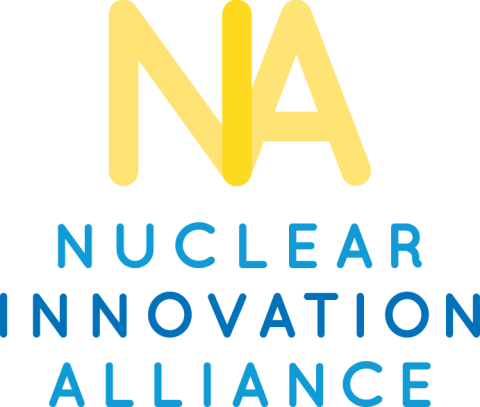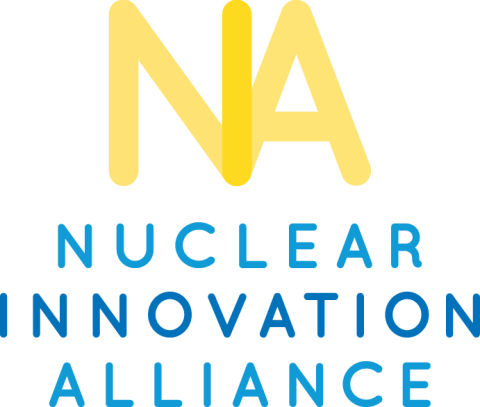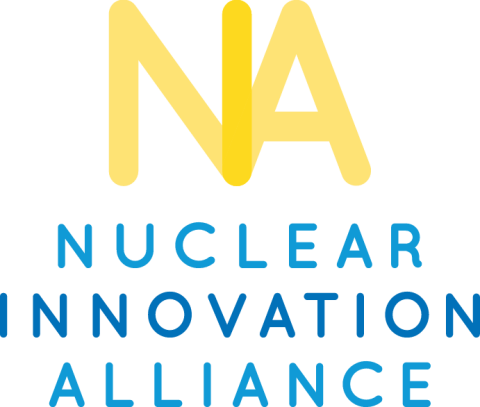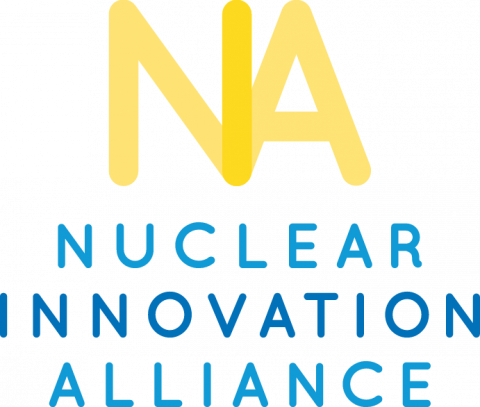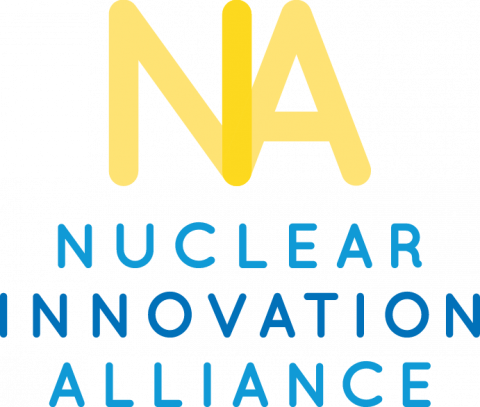NIA Statement on Senate Passage of NDAA Amendments That Will Boost Advanced Nuclear Development and Deployment
WASHINGTON D.C. The following statement may be attributed to Nuclear Innovation Alliance Executive Director Judi Greenwald:
NIA Statement on the House Energy & Commerce Subcommittee on Energy, Climate, and Grid Security Hearing about Oversight of the Nuclear Regulatory Commission
WASHINGTON D.C. The following statement may be attributed to Nuclear Innovation Alliance Executive Director Judi Greenwald:
“We believe in the promise and potential of advanced nuclear energy, and we’re committed to working in partnership with others across the spectrum to build support for the development and deployment of advanced nuclear energy. We also know that in order for society to reap the benefits of advanced nuclear energy, we need the Nuclear Regulatory Commission (NRC) to be as effective and efficient at licensing as possible.
NIA Announces Chris Smith Has Joined the NIA Board
The following statement may be attributed to Nuclear Innovation Alliance (NIA) Executive Director Judi Greenwald and NIA Board Chair Todd Allen:
“We are thrilled to welcome Chris Smith to the Nuclear Innovation Alliance Board. Smith brings an unparalleled wealth of experience in the public and private sector to NIA. Advanced nuclear energy is poised to play an increasingly important role as a climate and energy solution. Chris’ addition to our Board will broaden and deepen the mix of experience and insight NIA brings to current urgent and important conversations on incorporating advanced nuclear energy into the energy system.”
Opinion Piece Published in Utility Dive featuring NIA Executive Director Judi Greenwald and GEC Co-founder Jessica Lovering
WASHINGTON D.C. This article was published on April 24, 2023 on Utility Dive. To read this article, click here: Efforts to accelerate permitting could learn a thing or two from nuclear energy. The first two paragraphs of the article can be seen below.
Efforts To Accelerate Permitting Could Learn a Thing or Two From Nuclear Energy
Nuclear Innovation Alliance Statement on the introduction of the ADVANCE Act
WASHINGTON D.C. The following comment on the introduction of the Accelerating Deployment of Versatile Advanced Nuclear for Clean Energy (ADVANCE) Act may be attributed to Nuclear Innovation Alliance (NIA) Executive Director Judi Greenwald:
